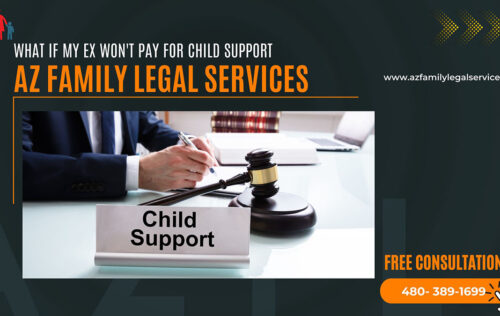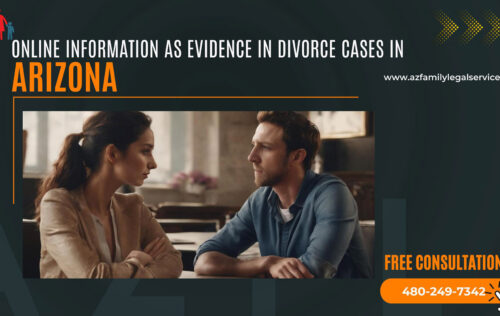ARIZONA FAMILY LEGAL SERVICES
CHILD CUSTODY
Arizona Child Custody Laws and Rights of Fathers
Prior to a legislative overhaul that took place in 2013, Arizona child custody laws favored mothers in child custody proceedings. Ever since, fathers have been granted a bigger number of rights in the case of a divorce.
The Rights of Fathers: An Overview
Following the legislative change, mothers and fathers are seen as equals in Arizona court proceedings. Fathers have full rights, even if they’ve been working a lot to support the family and the mother has been the primary caregiver.
The previous so-called “tender years doctrine” gave mother preference in custody battles involving very young children. Luckily, the situation has changed and the doctrine no longer applies.
Both mothers and fathers can qualify as a primary caregiver. To make the determination, the court will keep the child’s best interest in mind. If it’s possible for the two parents to reach an agreement about custody among themselves, the court will probably agree with the settlement that they’ve reached.
Arizona is also a state where presumption of paternity applies. Anyone who has been married to the mother of a child for a period of at least 10 months prior to the divorce is presumed to be the biological father of a child.
This means that the paternity is already legally established. The father has the right to participate in the process of making important decisions about the future of the child – educational institution selection, medical treatments, religious upbringing, etc. A married father also has an array of key responsibilities, including the provision of child support.
The Rights of Unmarried Fathers in Arizona
A man who isn’t married to the mother of his children will have a different set of statutes applied to an eventual separation and a custody battle.
Under Arizona child custody laws, a father who isn’t married to the mother of their children doesn’t have any legal rights until the establishment of paternity. Paternity can be established either by agreement between the two parents or via a court order.
Until the father is recognized as such legally, the mother is the sole individual responsible for major decision making.
Custody Proceedings and Considerations
Just like many other states, Arizona has both legal and physical custody of a child. Legal custody refers to decision making and physical custody refers to the parent that the child will be living with.
As far as both of these go, sole and joint custody are both possible options in Arizona child custody laws.
Sole custody gives legal rights to only one of the parents. Joint custody is the situation in which parents share the responsibility and they’re capable of coming to decisions about the future of the child together.
If parents cannot agree about custody on their own, court will get involved in the process. If there’s no significant dispute, the court will order mediation. Mediation services are an essential for reaching a mutually-beneficial decision that’s also in the child’s best interest.
In the case of mediation failing and former spouses still being incapable of making the custody decision, the court will have the final say. Depending on the situation, court may seek the opinion of experts to evaluate the family dynamics and to provide suggestions about primary custody. A decision based on the child’s future best interest will then be produced.
Finally, let’s take a look at a more specific scenario that involves domestic violence or crime committed by one of the parents. In such instances, the court presumes that the parent should not be awarded joint decision-making rights.
According to the Arizona child custody laws adopted in 2013, a parent that has been convicted of substance abuse within the past 12 months is automatically denied sole or joint custody rights because such a decision is not in the child’s best interest. One questionable aspect of this regulation, however, is that it doesn’t provide clear information about what constitutes abuse of drugs and alcohol. Consult experienced attorneys when in litigation.



